Ashton Reddy: Consulting in India
Ashton Reddy is a member of the Evening MBA Class of 2019. He is currently a Financial Analyst for the Boeing Company within the Research & Technology division supporting Manufacturing Technology Integration. Prior to Boeing, Ashton worked for J.P. Morgan in New York covering Alternative Investments, as well as asset management divisions of both Citigroup and Wells Fargo. When not at work or in school, he enjoys traveling, doing yoga, and playing basketball.
Spring Break, Sans Regrets
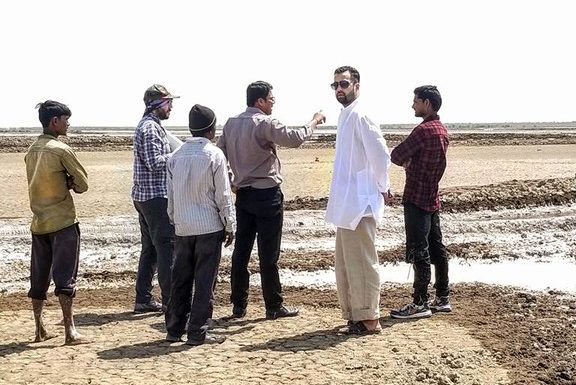
Rann of Kutch, Gujurat, India
I spent the recent spring break participating in a consulting trek to India sponsored by the Global Business Center at the University of Washington Foster School of Business. The experience was unique and worthy of sharing because of how mightily the trip contributed to my overall MBA education.
The trip was organized by the Foster School’s Global Business Center to work with a non-governmental organization called the Self-Employed Women’s Association, or SEWA. SEWA’s goals are to increase employment opportunities and build self-reliance among the poorest of India’s large unorganized mass of female at-home laborers and entrepreneurs. Many of these women exist outside of the formal economy and occupy the most-vulnerable reaches of Indian society.
In partnering with SEWA, I was assigned to assist in the organization’s Hariyali Solar project, which is seeking to migrate 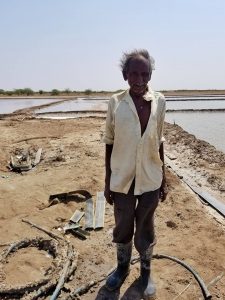 itinerate salt farmers in the desert region of Kutch in northwest India from diesel-powered to solar-powered water pumps. The effects of this conversion will be to hopefully reduce the farmers’ equipment, maintenance, and fuel costs while also eliminating sometimes predatory intermediaries that operate in the area’s salt trade. There would also be obvious indirect benefits to switching, such as reducing overall emissions and the threat of fuel spills in an ecologically-fragile region.
itinerate salt farmers in the desert region of Kutch in northwest India from diesel-powered to solar-powered water pumps. The effects of this conversion will be to hopefully reduce the farmers’ equipment, maintenance, and fuel costs while also eliminating sometimes predatory intermediaries that operate in the area’s salt trade. There would also be obvious indirect benefits to switching, such as reducing overall emissions and the threat of fuel spills in an ecologically-fragile region.
SEWA is a strong partner of ours and we will continue to support their work in making a difference in the lives of the salt pan workers and their families—Kandeh Yumkella, UN Secretary-General’s Special Representative on Sustainable Energy

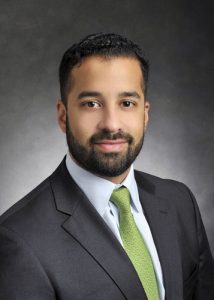
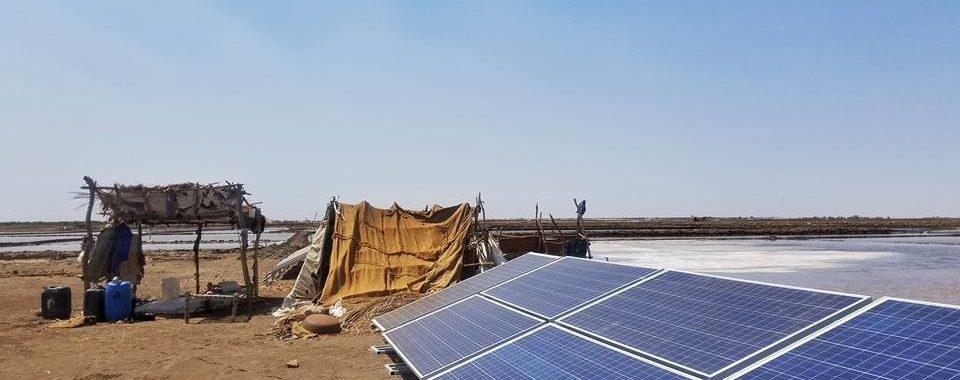
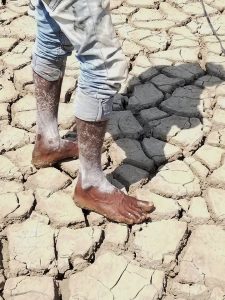
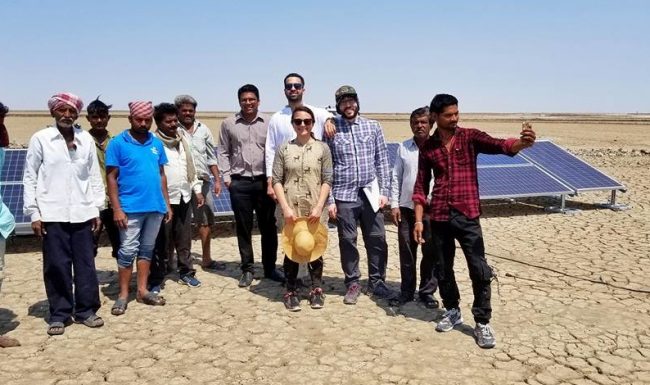
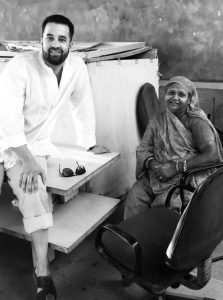 efficiency of a region with limited opportunity, reduce the risk of environmental degradation, and further SEWA’s goal of increasing the self-reliance of India’s self-employed female workers. We also learned that our work may be adopted by the United Nations in other countries facing similar challenges. I am proud to have contributed to SEWA’s mission and I look forward to returning to the region to see the progress made by the salt farmers of Kutch.
efficiency of a region with limited opportunity, reduce the risk of environmental degradation, and further SEWA’s goal of increasing the self-reliance of India’s self-employed female workers. We also learned that our work may be adopted by the United Nations in other countries facing similar challenges. I am proud to have contributed to SEWA’s mission and I look forward to returning to the region to see the progress made by the salt farmers of Kutch.